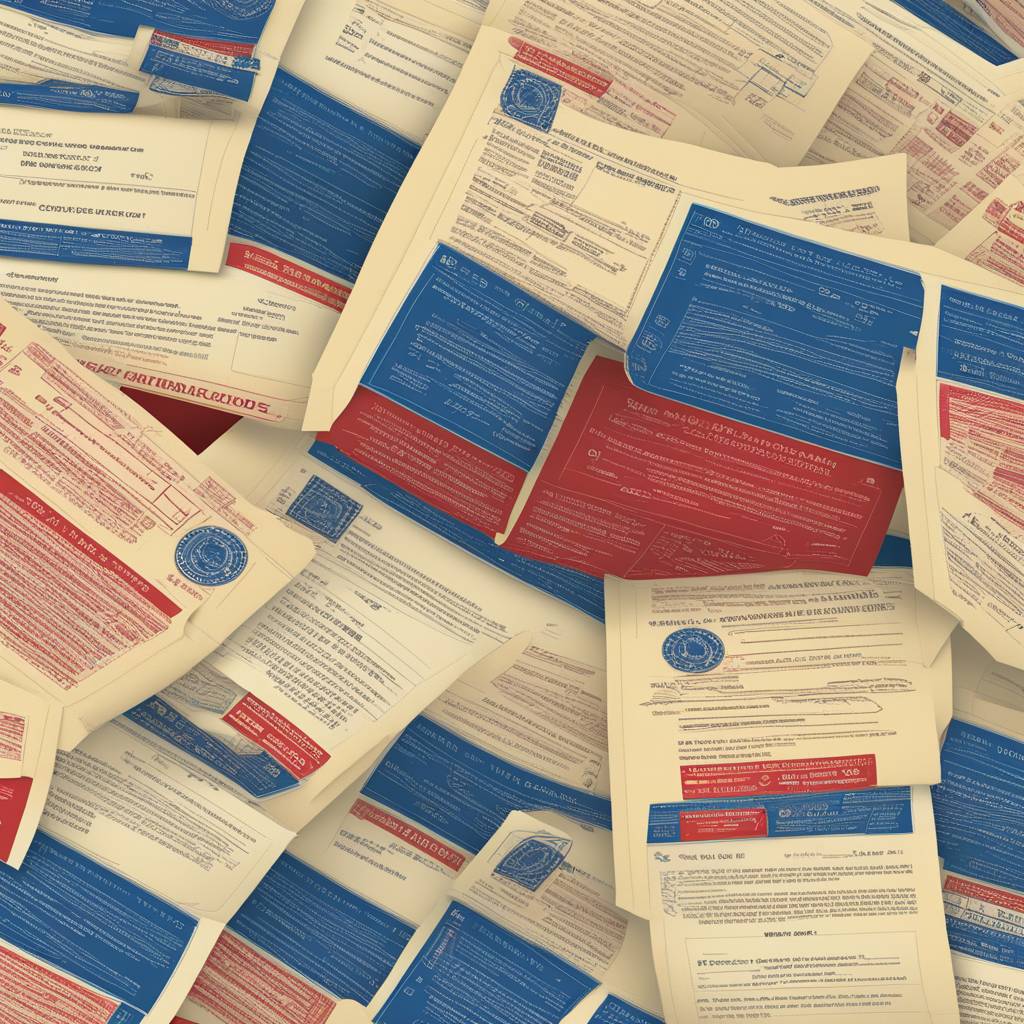A Pennsylvania federal appeals court has ruled that mail-in ballots received without accurate handwritten dates on the outside of envelopes are not valid, overturning a lower court’s decision that such ballots should be counted if received on time. Judge Thomas Ambro wrote in his opinion that the state legislature had passed a law requiring voters to write the date on their envelopes to make their vote effective, and failure to comply renders a ballot invalid under Pennsylvania law. The Materiality Provision of the U.S. Civil Rights Act of 1964, which prohibits the use of immaterial errors to prevent voting, only applies when the state is determining who may vote, not when determining the validity of already cast votes.
Proponents of mail-in ballots argue that they make voting more convenient, especially for senior citizens and people with disabilities. However, some Republicans have raised concerns about election integrity related to mail-in voting, with former President Donald Trump calling the system “totally corrupt” and partially blaming it for his 2020 election loss. In Pennsylvania, Democrats have been more likely to vote by mail than Republicans. Following the federal appeals court’s ruling on the date requirement for mail-in ballots, Republican National Committee chair Michael Whatley hailed the decision as a victory for election integrity and voter confidence in Pennsylvania and across the country.
The American Civil Liberties Union of Pennsylvania, which represented groups and voters challenging the date mandate, expressed concern that thousands of Pennsylvania voters could lose their vote over a “meaningless paperwork error” if the ruling stands. The ACLU argued that the ballots in question were from eligible voters who met the submission deadline, and that the court’s failure to recognize the principle of preventing unnecessary barriers that disenfranchise voters was unfortunate. In the 2022 midterms, over 7,600 mailed ballots in 12 counties were discarded due to lacking or incorrect dates on their outer envelopes. The ruling by the federal appeals court may have significant implications for the upcoming elections in Pennsylvania, a key battleground state.
The ruling comes at a time when key issues in Pennsylvania, including election integrity and mail-in voting, are in the spotlight ahead of the GOP primary. While mail-in voting is viewed as a way to increase access to voting, concerns about election security have been raised by some Republicans. The decision on the date requirement for mail-in ballots could impact voter confidence in the election process and may influence voter turnout in future elections. Pennsylvania has been the focus of attention in recent elections, with swing state status making it a crucial battleground in presidential elections.
As the state of Pennsylvania prepares for the 2024 presidential election, an election security task force has been set up to address concerns related to voting security and integrity. The federal appeals court’s ruling on the validity of mail-in ballots without accurate handwritten dates on the envelopes adds another layer of complexity to the election landscape in the state. The outcome of this ruling may shape future voting policies and procedures in Pennsylvania, as well as influence the national conversation around mail-in voting and election integrity. Ultimately, the decision on mail-in ballot requirements could have a substantial impact on the democratic process in Pennsylvania and beyond.













